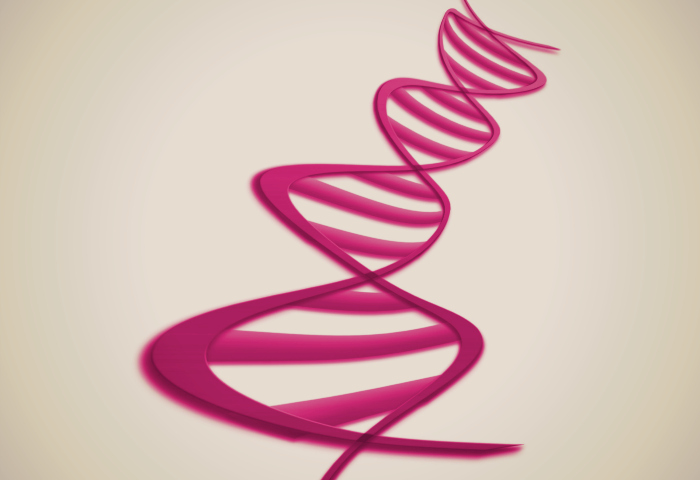PRE- AND POST-IMPLANTATION SCREENING TO ENSURE A SAFE, SUCCESSFUL PREGNANCY AND A HEALTHY BABY
At Talent IVF Asia, this is one of the most important areas of the process both before Embryo Transfer and after you or your Surrogate becomes pregnant.
Pre-Implantation
PGD (Pre-implantation Genetic Diagnosis) and PGS (Pre-implantation Genetic Screening) are conducted before implantation of the embryo. These are important processes to identify specific genetic diseases in the embryo by testing embryonic cells.
In PGS, we test for aneuploidy (an abnormal or uneven number of chromosomes), that often leads to the IVF process being unsuccessful, miscarriage, or babies that are born with Trisomy syndromes, such as Down’s, Edward’s and Patau syndromes.
In PGD, we are looking at single gene defects, such as Muscular Dystrophy, Cystic Fibrosis, Huntington’s Disease, Haemophilia, and many other disorders.
Post-Implantation
After the pregnancy scan at four (4) weeks and once clinical pregnancy has been reached, we then do a blood scan for Down’s Syndrome around week 12-13, as well as a Nuchal Scan for chromosomal abnormalities that could lead to physical or intellectual disabilities, such as congenital heart defects; Turner’s, Down’s, Edward’s and Patau syndromes; and other chromosomal defects.
At about 18-20 weeks, we perform a 4D scan for anomalies, which is repeated around week 29-32, at which stage we also conduct a blood test for Gestational Diabetes. Plus, around week 28-30, we do a blood test for Diabetes Mellitus.
Talent IVF Asia is one of the few agencies that provide advanced 4D ultrasounds in their Antenatal Care programs. This technology complements 2D and 3D scans, but allows visualisation of embryonic movements two weeks earlier than traditional ultrasounds. Its advantages include real benefits for the fetus’s assessment of their prenatal condition. This means you have a real time assessment of fetal face, breathing, swallowing, isolated eye blinking, and limb direction; abnormalities in these areas could be indicative of prenatal neurodevelopment problems, which could later develop into neurological problems, such as attention deficit hyperactivity disorder, schizophrenia, epilepsy, and autism.
